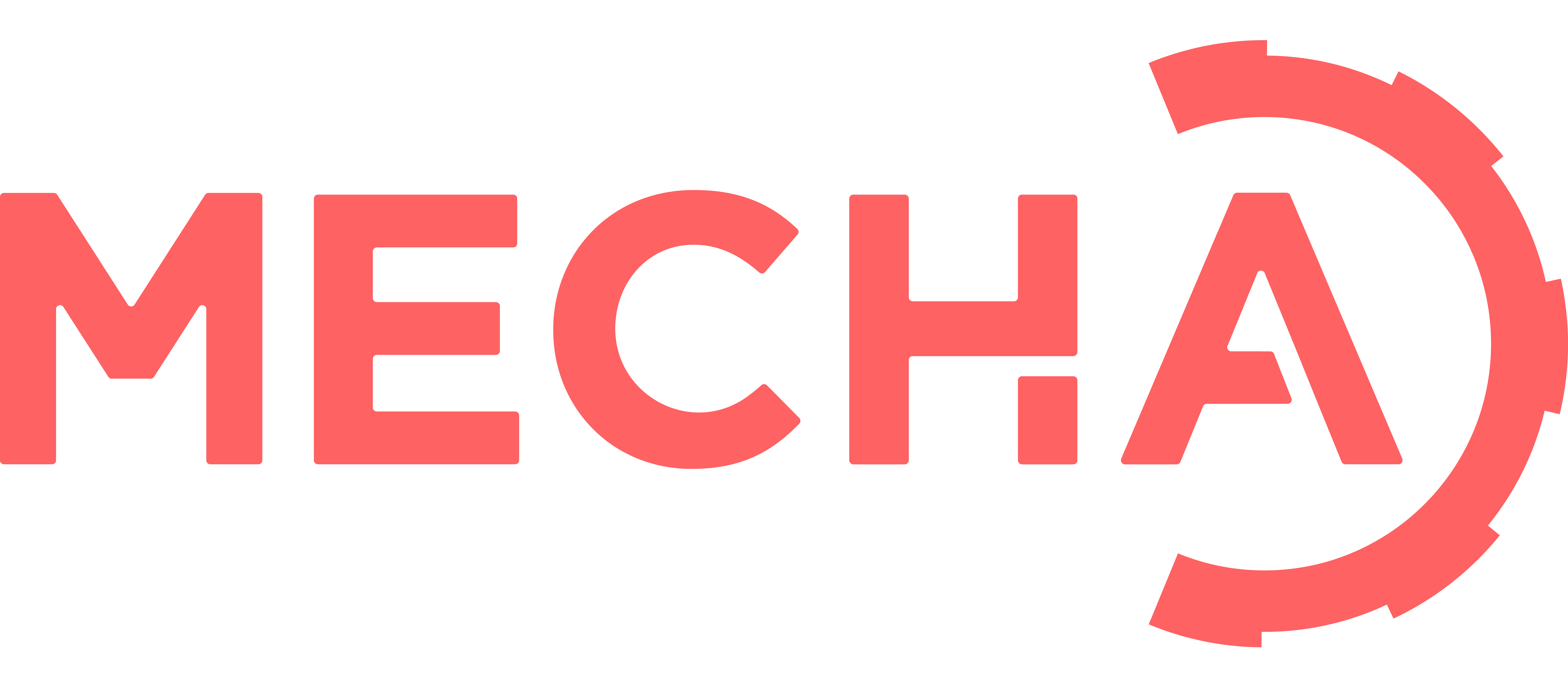People of MECHA: Cody Clarke
Tell us about yourself. What do you enjoy doing in your free time? I joined the RNZAF in 2005 basically straight from high school. I was an Avionics Technician, which is basically an auto electrician, but for aircraft. This RUS allowed me to leave the hands on technical world behind into the engineering management world where I’ve been ever since.
In my spare time, I take care of all the little projects around the house that I can with all this engineering knowledge. Cars, motorbikes, house modification etc. In my down time I’m a big PC gamer, and enjoy good trail hikes/runs with my partner.
What was your most valuable experience from the program? I was already a technician in the RNZAF but went to university under the same conditions as fresh candidates would be. The school holidays were spent at work on a RNZAF base becoming familiar with various units. My most valuable experience was in this time, when I was sent to places that I ordinarily would not have been posted to. For example, the Defence Technology Agency R&D labs where I got to use my degree in a project for NIWA and Defence.
What advice would you have for University students who are interested in the program? My advice would be that candidates need to be realistic in their expectations. Use the RUS organisers or recruiters to organise interviews with the best range of people you can. The job of an RNZAF Engineering Officer is varied, and candidates can expect to be used as workshop managers, or auditors, before using their degrees in a design office.
What skills or experiences did you learn from the program that you think are difficult to learn in University? The University experience teaches you the fundamentals and background info of “why”. Why use that material, why the system works, why that structure holds etc. The RUS experience should put you out into the workshops, and organisations to see “how”. How is damage going to fixed, how is this problem going to be solved. It’s a wildly different world operating on pragmatism and constraints that aren’t present in an exam question.
What has been your biggest challenge so far, either within or outside of the program? My biggest challenge has been finding my feet in all the things that come with management that I was not expecting. Things like budgeting for units, welfare of staff, and leadership in times of crisis. The military is unique in that there are so many others things outside of your core job or trade that you are expected to be able to do. It can make for a fun, varied career, but you have to be open to it.
What are your goals and aspirations from now onwards? My aspirations are to continue to progress through this organisation. As I’ve mentioned before there isn’t anything like this job anywhere. I will admit that it’s not for everybody, but I love it. The RUS set me down a different career path from when I originally joined and I wouldn’t trade it for anything.
